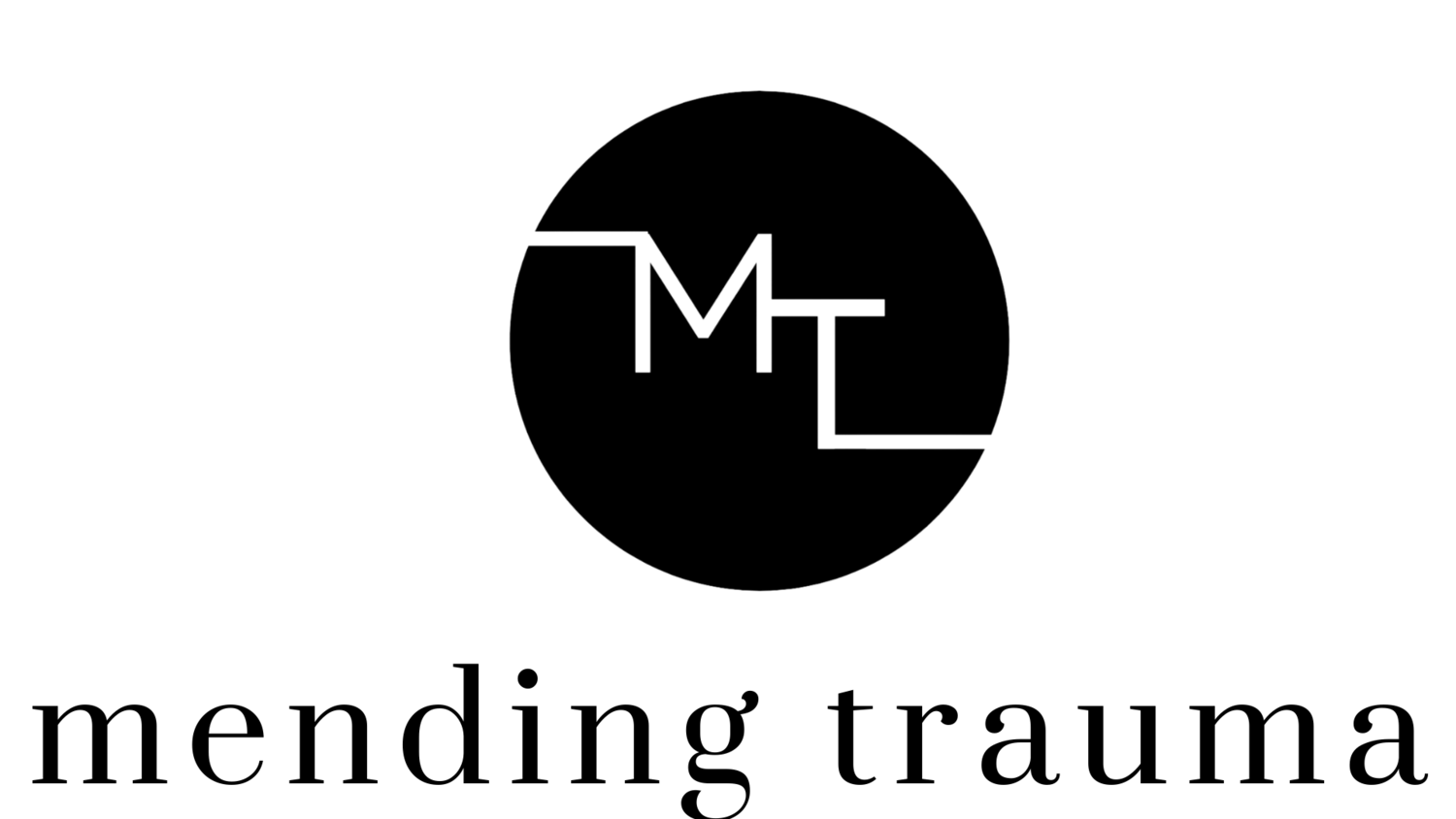Are you addicted to social media?
How much time per day do you spend on your phone? Do you find that you are often distracted by the alerts, buzzes, and reminders?
Today I invite you to go on what we like to call “social media intermittent fasting!” We have been hearing more and more about this over the past few weeks, and as we get closer to the holidays, we would love to challenge you!
Let’s dive in!
What is social media intermittent fasting?
Social media intermittent fasting is about abstaining from social media for an extended period of time during the day or week in order to become healthier mentally and emotionally.
The idea is that we give up social media for periods of time so that our dopamine levels even out.
I've looked at a lot of information by Dr. Anna Lemke from the University of Stanford. In her book, Dopamine Nation, she talks about how social media keeps us in a continuous feedback loop that humans are designed to want to have a connection with. Social media offers us a type of connection.
When we're on social media platforms and engage with them, we can feel great. This is partially due to increased levels of dopamine we receive while on social media. But as soon as we stop, we feel terrible. Our dopamine decreases. To complicate things further, we need more of the dopamine activity to feel good each time we log back on. Eventually, the promised “feel good” sensation doesn’t come. What we've mistakenly done is conditioned our brain that if we feel terrible, we probably should keep doing the thing that makes us feel good. But the quick hit of social media doesn’t work anymore and that craving to feel good is never satisfied.
Addiction vs. Craving
Many of us aren't actually addicted to social media. We just crave it because it's been designed to drive that craving for us. Learning how to give our brains a break, and taking a break from social media on occasion, can be helpful for emotional regulation. Breaks from social media create time to connect to nature, to connect to people that we are able to physically see. It also gives the brain, and the dopamine center, a chance to become more balanced.
If you have a social media addiction, you need at least 30 days off all social media platforms. It's difficult initially because your brain isn't getting that dopamine dump from the excitement of new and novel things. But at the end of 30 days, you will be able to lower depression, lower anxiety, and have a better opportunity at self-regulation.
Microsteps are better than no steps at all
With our members in The Whole Health Lab, we are always talking about micro-steps and that “some progress is better than no progress.” A micro-step is a small step in the direction we want to go. In this case the micro-step would be one day fast from social media.
What the link here is really self-regulation. When we've had toxic stress or we've had trauma, our nervous system has a hard time regulating itself internally, and we tend to look externally for ways to regulate.
When we have had trauma or toxic stress, we're having a difficult time already with our nervous system regulation. And so we really don't want to add things that make it more difficult to regulate, such as an excessive amount of social media!
We want to encourage you to absolutely take one day and see how it feels and recognize it might not feel awesome because if you're resetting your dopamine, sometimes it's a little lower initially. Also, recognize that if it's something that you really struggle with, you may be in need of a longer social media detox. So whether it's one day and you go back to it, or one day becomes two days, it really depends on what your personal situation and struggle is with social media.
A 2021 study that was published in the Journal of Technology in Behavioral Science questioned whether one day off of social media is enough to provide psychological benefits. The study concluded that it was not. What this tells us is that social media intermittent fasting needs to be extended beyond one day off. BUT, we start with a micro-step of one day off and build upon our success.
As we know, social media can be a wonderful place for connection. I love how there's so much psycho-education on social media these days, and I feel like it's really helpful to kind of break down some of the stereotypes and the resistance that people have to getting mental health care. So I absolutely see the benefit of it. But, like all things, too much can be problematic.
Do you believe that you might have a social media addiction or obsession? Could it possibly be fueled by trauma or toxic stress?
Find out by taking our free quiz: www.mendingtrauma.com/quiz
Or
Book a 15-minute call with me. Let’s chat! I want to get to know how you believe trauma is affecting you and your life and see what we can do to reduce the symptoms.

